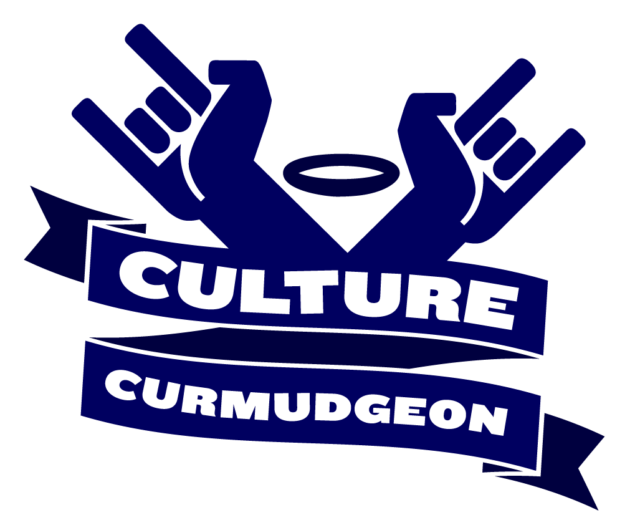Revenge is a poison that consumes whole souls and ruins lives. It’s an utterly human trait, one that’s informed history through the ages, from biblical times to the era of Donald Trump. It’s one of the most insidious of human endeavors and when it’s finally realized, those who seek revenge and the victims who suffer from their vengeance are both the lesser for it. There are no victors.
“Moby Dick” is a tale of revenge and a multi-layered allegory of modern life. Herman Melville’s novel has been adapted for the stage several times but the latest one is a great reimagining of a classic work. Washington D.C.’s Arena Stage is showcasing David Catlin’s adaptation which had its world premiere in Chicago last year.
Ahmad Coo is a producer and copy editor for the Global Business America show on CCTV America. His analysis represents his views alone.
At the center of this play is Ishmael, a wayward traveler trying to find his place in the world after leaving his former life behind. He’s a plain fellow, with not much ambition and or prospects. In short, he’s still trying to find his calling. He’s the archetype of an everyman who can be found living in any age.
If you haven’t already read the novel, here’s a quick run through without spoiling the ending: Man searches for meaning, becomes great friends with a cannibal, falls in with a bunch of misfits, gets persuaded to take to the seas to hunt for whales with a sociopathic captain, and then experiences chaos and tragedy.
This latest stage version is physical to the extreme- and I’m pretty sure all previous productions are tame in comparison. This Moby Dick involves a lot of acrobatics and physical daring. Almost all the cast members need to be in shape because of how the script interprets certain scenes from the original work.
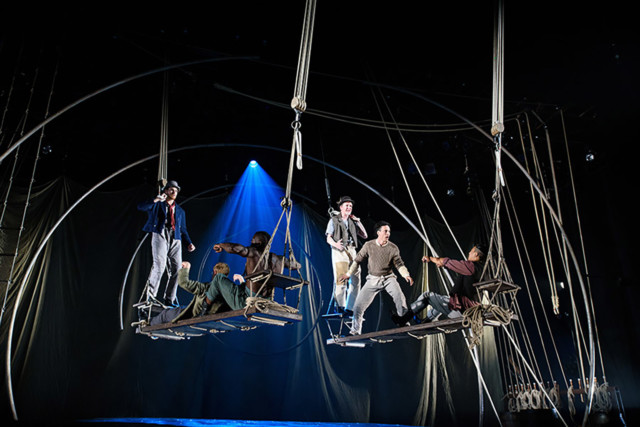
The cast of Moby Dick. Photo by Greg Mooney.
Needless to say, David Catlin’s representation of Moby Dick the whale is quite imaginative. Not to give anything away, the whale is both incorporeal and physical, but not in the ways you would expect.
But Caitlin’s version also plays up the humor very much present in the novel, especially the camaraderie between Ishmael and Queequeg, the heathen cannibal. Anthony Fleming III gives an almost slapstick quality to Queequeg- a nice contrast to the seriousness of most of the cast members.
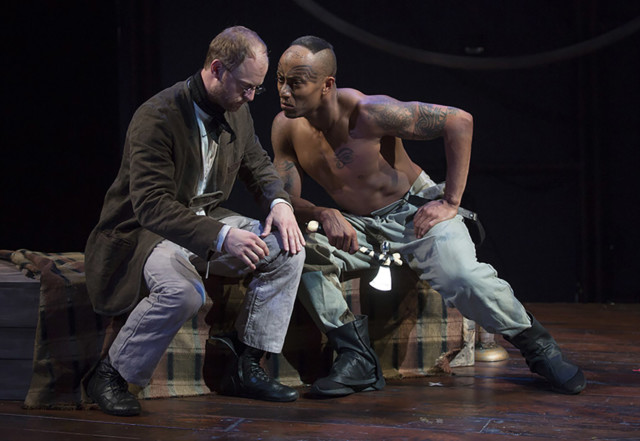
(L to R) Jamie Abelson as Ishmael and Anthony Fleming III as Queequeg in Moby Dick. Photo by Liz Lauren/Lookingglass Theatre Company.
As a work, Moby Dick is still relevant today because it deals with the human condition, which has- more or less- remained the same for millennia and what a flawed bunch we are: we are stubborn, insensitive, ambitious, envious, greedy, selfish, and imbued with an indefatigable sense of hubris. It’s a pretty damning list of qualities I’ve drawn up but looking at the world today doesn’t necessarily disprove it.
The geopolitical events of the last year and a half have only served to strengthen my views: From the callous disregard the world has for the hundreds of thousands of Syrians who have died and have been forced to flee their country to the rise of right-wing governments around the world who have advocated against immigration and suspicion of the ‘others’ not like them.
All this ugliness is embodied by one of the most recognized and reviled characters in classic literature: Captain Ahab, the captain of the whale-hunting ship, the Peequod. I believe he’s one of the earliest examples of a super-villain. But I need to clarify that he’s not a caricature of one (which you can find in any cheap Hollywood action movie) but an antagonist type with immense depth.
In this play, Ahab is the real touchstone and an agent of chaos. While Ishmael is the narrator, he’s more of a bystander and a witness to a maelstrom of events whirling around the Captain. Ahab is driven by one overriding passion: to exact revenge on Moby Dick for taking his leg during a whaling expedition.
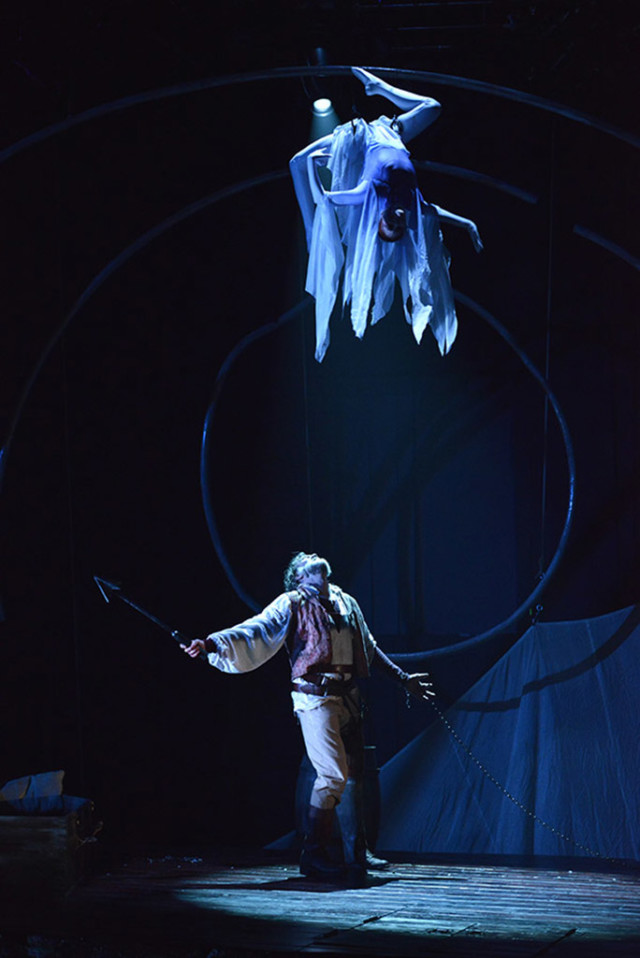
Christopher Donahue as Captain Ahab and Cordelia Dewdney as Fate in Moby Dick. Photo by Greg Mooney.
In fact, his singular focus on hunting and destroying Moby Dick occupies his every waking moment. His obsession for the whale informs every decision as well as how he treats his crew. To Ahab, his cohorts are all part of a means to a destructive end. Indeed, his pursuit turns into a deadly obsession.
On a deeper level, Captain Ahab’s pursuit of Moby Dick can be easily seen as a symbol of man’s desire to bend nature to his will. While the Peequod is a formidable ship capable of withstanding very rough seas, Ahab pushes it to its limits. He repeatedly tempts fate, disregarding the peril facing his crew. When one of his crewmembers begs him to stop the pursuit of the whale because killing a dumb animal could be seen as an affront to God, he utters one of his best-known lines: “Talk not to me of blasphemy, man. I’d smite the sun if it offended me.”
But Moby Dick works best as an allegory highlighting man’s anger towards God or a higher power and Captain Ahab is the penultimate example of this defiance, thanks to Christopher Donahue’s impressive performance. His Ahab is one of the most poisonous, hate-addled, and bile-filled characters I’ve ever seen on stage. You can feel his rage and outright disgust at Moby Dick when he speaks about the creature.
Ahab embodies this human arrogance that’s targeted at Moby Dick, who can be seen as a disinterested, almighty deity- one that could destroy the Captain, his crew and the Peequod if he so wished. Indeed Ahab’s story has been echoed by other myths, like Icarus and Sisyphus who both dared to defy the Gods. If you want to go back earlier- even Satan himself is a progenitor of Ahab’s. He, too, defied God when he was ordered to bow before man when he was created. But as an angel he considered man to be beneath him. His refusal eventually led to his eternal damnation. Satan’s expulsion from heaven is what finally fed his hatred of God and man- swearing to exact revenge on us until the end of time.
In many ways, Ahab’s desire for revenge echoes Satan’s- his defiance of a god-like creature is what leads to his downfall. Christopher Donahue’s portrayal of Ahab’s descent into madness and destruction is the stuff of theater legend. Indeed, he imbues Melville’s lines a raw power when speaks it.
When he finally gets to the end of his rope, Ahab spits: “Towards thee I roll, thou all-destroying but unconquering whale; to the last I grapple with thee, from hell’s heart I stab at thee, for hate’s sake I spit my last breath at thee. Sink all coffins and all hearses to one common pool! And since neither can be mine, let me then tow to pieces, while still chasing thee, though tied to thee, thou damned whale! Thus, I give up the spear!”
Even in that moment of destruction, Ahab is consumed with hatred. No matter that he has a family, a crew who respects him, and a legendary stature. But it’s his desire for vengeance that needs to be fulfilled, even at the cost of his own humanity, even if the world should fall around him.
 CGTN America
CGTN America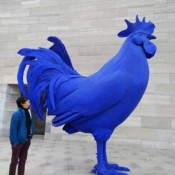
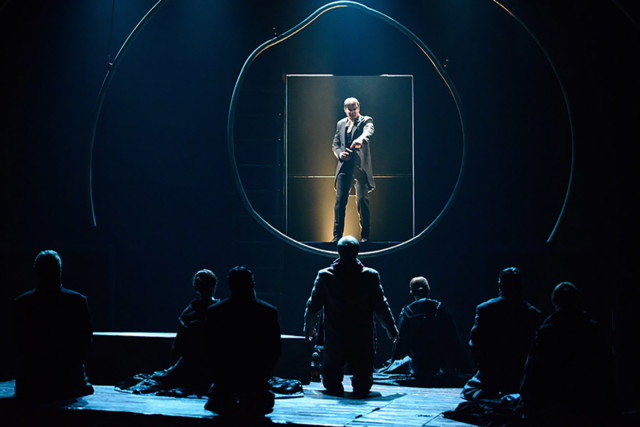 Owen Briggs and the cast of Moby Dick, which runs November 18-December 24, 2016 at Arena Stage at the Mead Center for American Theater. Photo by Greg Mooney.
Owen Briggs and the cast of Moby Dick, which runs November 18-December 24, 2016 at Arena Stage at the Mead Center for American Theater. Photo by Greg Mooney.
